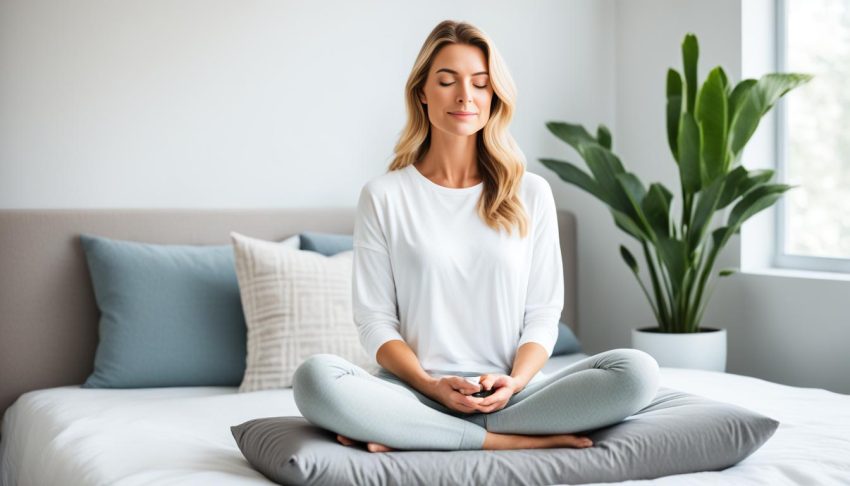“Simplicity, clarity, singleness: These are the attributes that give our lives power and vividness and joy as they are also the marks of great art.” —Richard Holloway
What comes to mind when you hear the phrase “simple living”? Whatever immediately comes to mind, there is no right or wrong answer. Everyone’s interpretation of what it means to live simply is unique.
In a world often enamored with excess and perpetual busyness, the concept of simple living stands as a beacon of intentional choice and clarity. Simple living transcends mere minimalism; it embodies a profound philosophy of prioritization and mindfulness. At its core, it advocates for shedding the superfluous and embracing what truly enriches our lives.
Contrary to common misconceptions, simplicity does not equate to deprivation or boredom. It is not about forsaking modern conveniences or retreating to a solitary cabin in the woods. Instead, it invites us to reevaluate our relationship with material possessions and societal expectations. By consciously reducing clutter—both physical and mental—we create space for meaningful experiences and genuine connections.
Living simply is a deliberate act of liberation. It liberates us from the relentless pursuit of consumerism and status symbols, offering instead a pathway to authenticity and contentment. It encourages us to discern between what is essential and what is merely fleeting. In this pursuit, we discover that true wealth lies not in possessions amassed, but in the richness of our experiences and relationships.
Moreover, simple living is a counter-cultural stance in a world dominated by constant stimulation and digital noise. It advocates for a slower pace, where time is savored rather than hurriedly spent. By cultivating mindfulness and intentionality, we reclaim our autonomy from the pervasive pressures of society.
Practically, embracing simplicity may involve decluttering our homes, streamlining our schedules, and consciously choosing quality over quantity. It prompts us to invest in experiences rather than possessions, and in relationships rather than fleeting trends. It encourages sustainable practices that honor our environment and future generations.
Ultimately, simple living is a personal journey. It invites each individual to define their own version of abundance and fulfillment. Whether it manifests as adopting minimalist aesthetics or prioritizing meaningful activities, the essence remains the same: to live with purpose and clarity, unburdened by the excesses that often obscure what truly matters.
Simple living is not merely a lifestyle choice, but a profound philosophy that invites us to reconnect with our values and reclaim our time. It is a deliberate commitment to living with less, so that we may truly have more of what matters most—joy, meaning, and a life well-lived.

